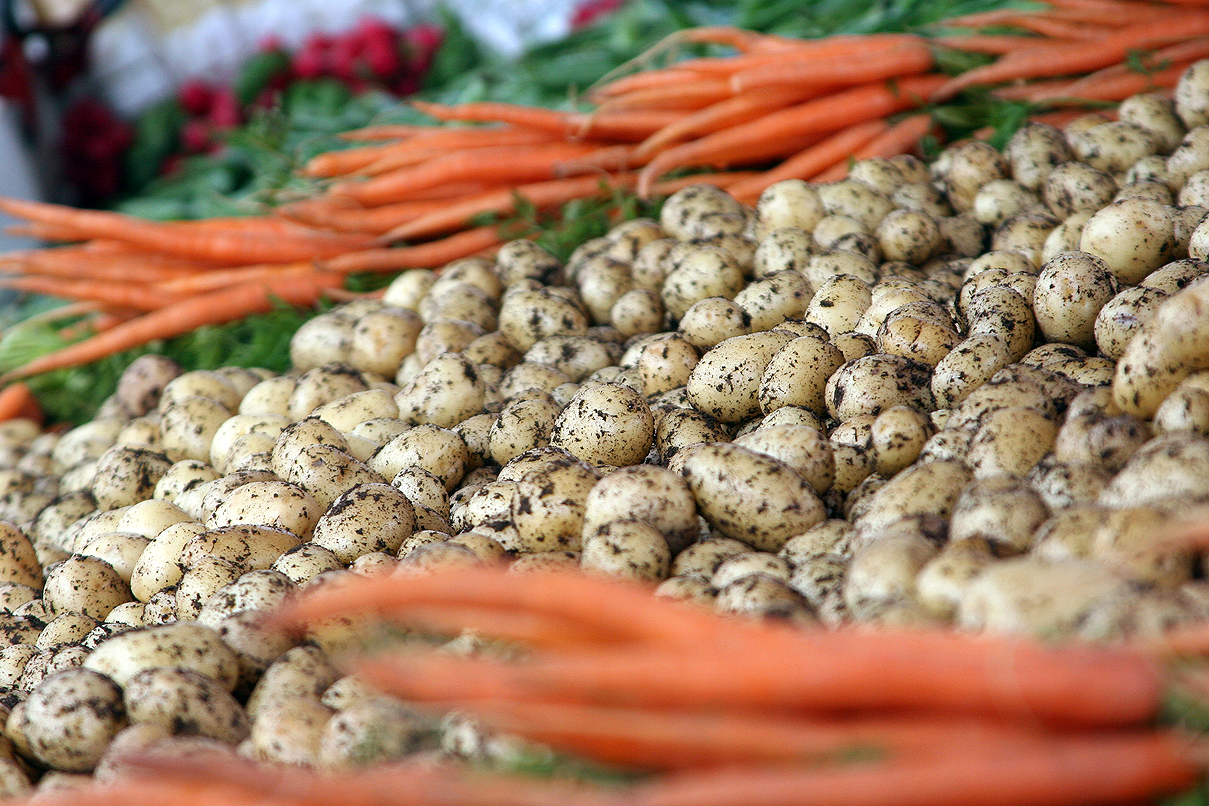Locally grown organic food is here to stay in Finland.
That’s the confident conclusion of Jyri Arponen, Business Director at Sitra. In terms of quality as well as sustainability, the consumer has always known that it makes sense to buy food produced locally and naturally. While in the past dominant food companies have put profitability first, customer preferences in Finland and elsewhere are now starting to set the direction of the industry to a greater extent.
“The food industry in Finland has been in the hands of a few big companies,” says Arponen. “At the same time we have a gap between consumers and the whole value chain – a value chain which should be changed. The status quo of the food industry in Finland has been the same for the last 25 years or even more. It’s a monopoly market where the big boys rule. The food industry is not for the people, it’s for the industry – and it should be the other way round.”
How to meet demand?
The emergence of more specialist companies and shops selling local and organic foods has become part of a megatrend whereby people are more careful about what they eat and asking what they should do about sustainable food, says Arponen. “The trend is already strong in the UK and in Sweden, for instance, and in Finland we found a huge demand from start-ups who felt nobody was supporting them or giving information about what was available or how to go forward. We wanted to look at the market and see what was available for these companies.”
In May 2010, Sitra published a survey of the local food market in Finland, stressing the high and rising level of customer demand for this kind of product as well as the absence of business know-how in the field. At the same time, the Finnish market for local food was expanding, accounting for 8% of total retail grocery food sales by spring 2011.
“To encourage and support this trend, we thought we should have new logistical solutions, wholesale systems and better internet stores,” says Arponen. “We decided to put on some demonstrations, especially in logistics, and we also made some investments. We have to encourage syndicated and market-driven investments. There is plenty of discussion in Finland about how to listen to consumers, but it does not help if we only have campaigns. More important is to let companies change their way of thinking and doing business and help the organic and smaller farms to grow.”
New businesses emerge
Sitra has made two venture capital investments in new business concepts aimed at solving challenges faced by the local food industry’s logistics and distribution systems. Firstly, Suomen Aitokauppa aims to establish an accessible chain of nationwide grocery stores specialising in local food. The first shop, in Helsinki’s Tehtaankatu, opened in Helsinki in autumn 2011. Secondly, wholesaler Suomen Luomutukku Oy was set up to take a new approach to wholesale, helping professional kitchens to source and use organic food.
Sitra is also participating in the City of Helsinki Wholesale Market project, using London’s Borough Market food district as a model. It’s part of the City of Helsinki’s Food Strategy as well as the Helsinki World Design Capital 2012 programme, but it will extend beyond 2012 and through the rest of the country, providing training in sales and marketing and taking on an “ambassador” role for local and organic food culture.
“Projects like this in Helsinki and across Finland are all very sexy and positive,” says Arponen. “But the best thing for Sitra is to make smaller companies market-driven and able to find partners.”
Tim Bird
